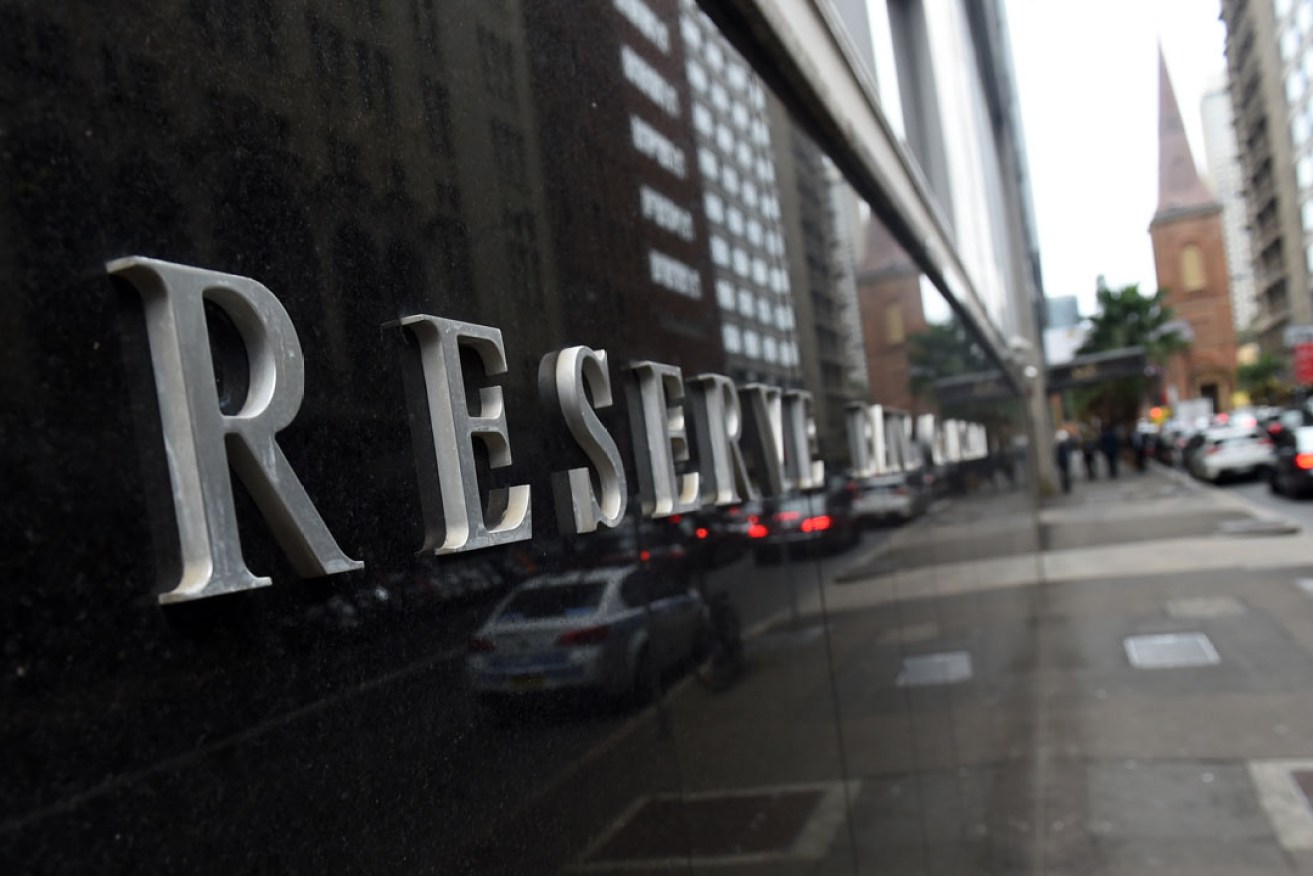Australians await good news on interest rates in March
Australians will need to wait to find out how their interest rates might change in March, with the Reserve Bank set to be unusually silent this week under its new plan to hold fewer meetings.

Photo: Paul Miller/AAP
The RBA has historically delivered news about interest rates on the first Tuesday of each month (except January), but central bankers will meet just eight times this year, meaning the next meeting is on March 18.
It’s part of a strategy to improve the quality of interest rate decisions that emerged from an independent review of the RBA last year, with each meeting also lasting longer.
Although mortgage holders will wait longer to learn the fate of interest rates, the good news is that another rate hike is very unlikely.
Most economists think interest rates have peaked, with several economic readings in 2024 showing inflation easing faster than anticipated, and the unemployment rate rising.
Oxford Australia head of economic forecasting Sean Langcake said consumers are doing it “pretty tough”, with the latest retail data showing a pullback in spending at shopping centres.
“This is going to be the toughest couple of quarters of the year,” Langcake said.
Fewer meetings
Langcake said that fewer meetings brings the RBA into line with how other central banks operate, as the US Fed and the Bank of England meet eight times a year.
“Some months there’s just not a great deal to talk about in terms of the needle moving with new information,” he said.
“Especially that first month of the quarter when you don’t have CPI [Consumer Price Index], National Accounts or the WPI [Wage Price Index].”
The review of the RBA last year came to a similar view, saying that fewer meetings would “allow for a longer and more robust policy formulation and discussion process” in its final report.
“A longer process would allow time for external members to influence the analysis and forecasts,” the review concluded.
Inflation settles
Even if the RBA was meeting more frequently this year, it would be unlikely to shift the outlook, with economists widely convinced that rate cuts are on the horizon as inflation settles.
Monthly price growth data published by the Australian Bureau of Statistics (ABS) last week showed the headline CPI had eased to 3.4 per cent in January.
ANZ economists said it is “very plausible” that headline inflation has been running at about the middle of the Reserve Bank’s target band over the past two quarters.
“The risks to our November start to the rate cut cycle may again be skewing toward earlier easing,” they said.
Most major forecasters expect rate cuts for the second half of 2024, though there remains disagreement as to when mortgage holders might experience rate relief.
RBA governor Michele Bullock has said the RBA wants to see inflation fall back into its target band.
Langcake said that while inflation is easing in 2024, it will be much harder for price growth to fall from 4-3 per cent in annual terms than it was to get it down from more than 6 per cent.
That’s because goods deflation will slow, while prices for essential services like rents are set to continue moving strongly this year.
– TND




